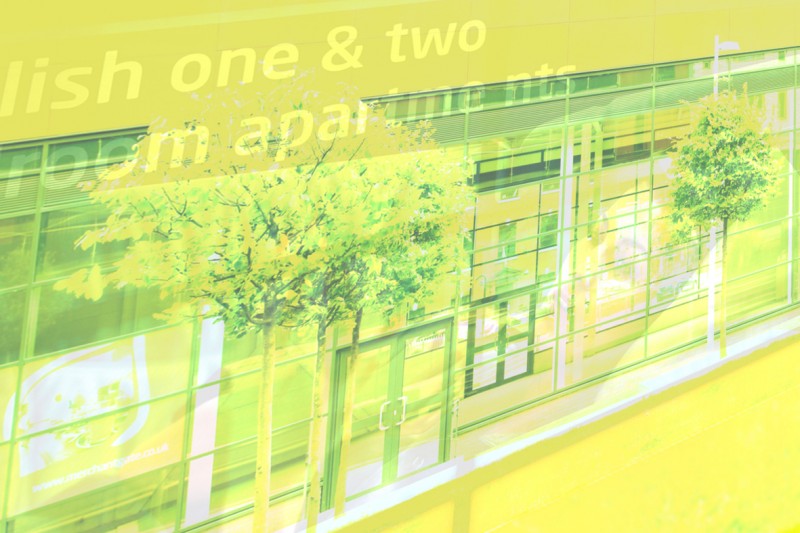Clara wants coffee but makes green tea. Since she stopped work, she has come to hate the gritty knife scrape on toast, so warms butter in the microwave and dangles her honey on from a teaspoon. At her table by the window there is just room enough for breakfast and a newspaper. She can see the girl’s balcony, look down into the square.
Herta Muller. The name comes at last. Herta Muller. Herta Muller! Of course.
For days Clara has been trying to place a memory of green plums, wooden melons, old people’s yards, mulberry trees. Her books are shelved by country and then author’s surname so for a moment she is thrown, but finds the Romanian Muller in Germany.
“There were mulberry trees in the city as well. In courtyards. And not in many. Only in the old people’s courtyards. And under the trees stood a house chair.”
Clara stands, clutching the book like a prayer, wonders why they did not plant mulberry trees outside Mulberry House, imagines taking her wooden kitchen chair with its lemon faux leather seat out under the lettraset tree or between the sponge hedges. A house chair under a tree in a square. How long would it sit there before the ‘stylish and diverse’ management company cleared it away, how could she mark it as hers? A small table? A pile of books? A file of reports? A glass of tea?
She would like melon now, with her wooden toast. The chair never made it north. When she cleared the house she had noticed how cracked the lemon seat had become, the scratches and chips in the wooden frame.
The girl comes out onto her balcony. She wears a long white shirt hanging to her brown knees. She puts a hand through her blond fringe, screws up her eyes into the sun. Each time Clara sees the girl she realises that she has been remembering her slightly differently, the length of her nose, her chin, the way her hair falls.
